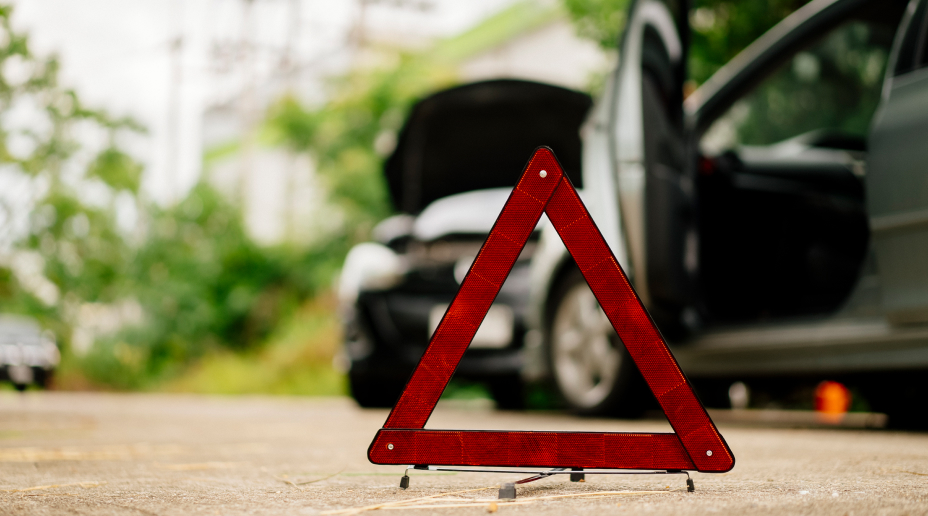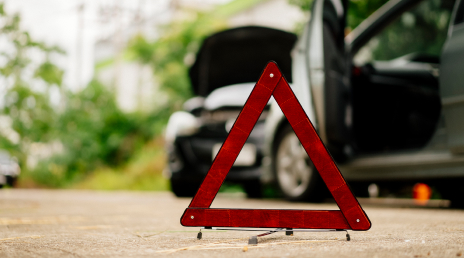Get to know the basics of car insurance
Trust us to keep car insurance simple
What's the difference between voluntary and compulsory excess?
This is the amount you agree to pay, in addition to your compulsory excess, if you make a claim. People agree to a voluntary excess in return for a lower premium.
Here's an example:
If your compulsory excess is £250 and your voluntary excess is £100, then the total excess (i.e. the total amount you’ll pay if you make a claim) is £250 + £100 = £350.
This is an additional excess you would need to pay if you choose not to use one of our recommended repairers.
The exact amount for this is outlined in your policy documents.
What happens to your No Claim Discount (NCD) after a claim with/without protected NCD?
Swipe to view more
| Current NCD years | If you make 1 claim within the next 12 months | If you make 2 claims within the next 12 months | If you make 3 claims within the next 12 months | Your NCD at next renewal with protected NCD |
| 0 - 2 | 0 | 0 | 0 | No reduction in NCD |
| 3 | 1 | 0 | 0 | No reduction in NCD |
| 4 | 2 | 0 | 0 | No reduction in NCD |
| 5 - 8 | 3 | 1 | 0 | No reduction in NCD |
| 9 or more | 4 | 2 | 0 | No reduction in NCD |
Find answers to the most frequently asked questions about your NCD in our no claim discount FAQs.
How does my car affect my car insurance quote?
What’s the make and model?
Typically, the more expensive the car, the more it costs to insure because of the higher cost to repair or replace.
How often a specific model may be the target of theft can also affect the price.
How big’s the engine?
Why do insurers want to know your car’s brake horsepower (BHP)?
Well, the bigger the engine, the quicker it probably goes. Higher speeds tend to result in worse damage in an accident and this is reflected in car insurance prices.
How old is
the car?
This often comes down to cost again as new cars tend to cost more to replace or fix compared to older models. That’s why it can be more expensive to insure newer cars.
What do you use the car for?
Also known as vehicle usage, when and how you drive can make a difference to your quote. If you need business use, for example, it’s likely your mileage will be higher and you’ll be on the roads more. Statistically, this increases the chance of an accident.
What else affects my car insurance premium?
We want to be as transparent as possible when it comes to our pricing.
We’ll explain how your car insurance price is based on risk, how likely it is that you’ll need to claim and how large your claim could be.
What is an optional extra?
Compare our car insurance cover options
Allianz Essentials
Allianz
What do the different levels of cover mean in car insurance?
-
Fully comprehensive
-
Third party, fire & theft
-
Third party only
If you have comprehensive car insurance, it means you won’t have to pay the full amount for repairs to your car or someone else's property if you’re involved in an accident.
You’re normally able to claim back the cost of putting everything right and just have your excess to pay. An insurance excess can vary from one policy to another (so it’s always worth knowing what yours is).
Third party, fire & theft is a mid-level cover. This gives you a bit more than basic third party cover, but not as much as a comprehensive policy. It doesn't cover the cost of any damage to your own car after an accident.
Basically, 'third party' refers to the other person involved in a claim. So, this cover level protects you if you damage someone else's car or injure somebody. It also covers your own car for fire damage, theft and attempted theft.
Comprehensive cover is what most people choose and some insurance, like Allianz Car Insurance, doesn't offer third party, fire & theft.
Third party only is the lowest level of cover allowed by UK law. It only covers you for damaging someone else’s car or injuring another person (a 'third party').
It won’t cover any injuries to you, or damage to your own car.
Allianz Car Insurance doesn't offer this level of cover as an option.
What does automatic renewal mean?
We’ll send your renewal quote with details of your price and cover about 30 days before your renewal date, so you have time to make changes or opt out if you want.
You can switch off automatic renewal at any time you like in your Allianz online account.
Just be sure to find alternative cover if you still intend to drive.
The car insurance renewal process as an Allianz Car Insurance customer
-
Automatic renewal
-
Not on an automatic renewal



























